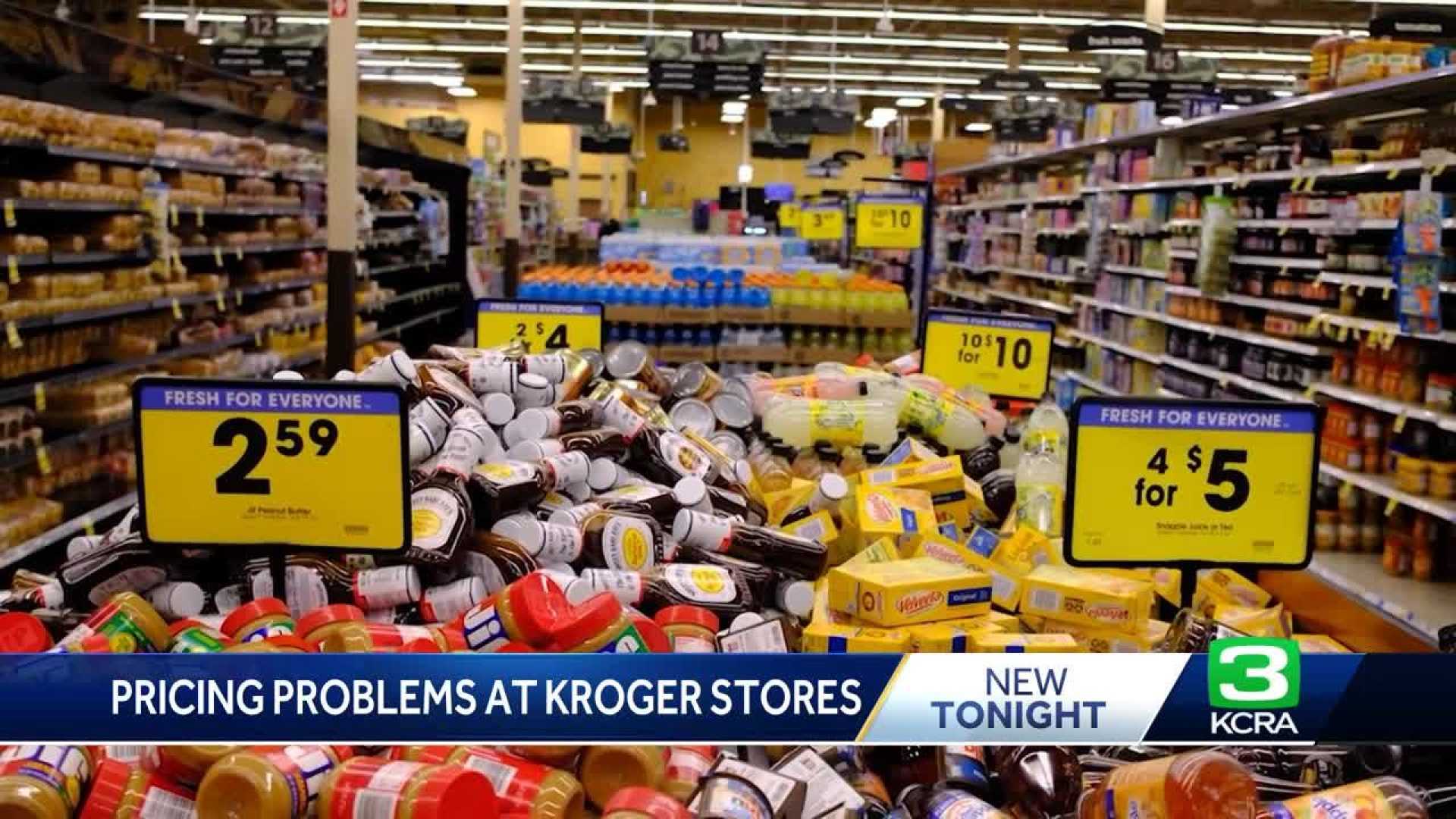Business
Kroger Faces Overpricing Issues, Consumers Urged to Check Receipts

Cincinnati, Ohio – Consumers at Kroger grocery stores may be overpaying due to outdated price labels, according to a report released in May by Consumer Reports in partnership with The Guardian and the Food & Environment Reporting Network.
The report revealed that shoppers are spending an average of 18.4% more than expected because old sale tags are still displayed on products, leading to discrepancies at the register. Consumers in Colorado reported that sale tags often linger long after their expiration dates.
Derek Kravitz, an investigative reporter from Consumer Reports, described the situation as an ‘open secret’ in the grocery industry, particularly among dollar stores. ‘Grocery chains have been dinged on this for years,’ he said.
To explore the extent of the issue, Consumer Reports enlisted volunteers to shop at 24 Kroger and Kroger-owned stores across 14 states over three months. The results were concerning: more than 150 grocery items were found with expired labels, and many had been outdated for at least 90 days, resulting in an average overcharge of $1.70 per item.
Edgar Dworsky, founder of Consumer World, emphasized the importance of accurate pricing, stating, ‘People should pay the price that is being advertised, that’s the law.’ He underscored the difficulties consumers face when shelf prices do not match the register total.
Employee Joy Alexander expressed concern for customers, especially seniors on fixed incomes, saying, ‘They think that when they took it off the shelf, it was $2.50. They don’t know that they’re paying $3.75 for that one item.’
While employees strive to update price labels, staffing cuts at Kroger appear to hinder these efforts. Consumer Reports noted a 10.3% reduction in staff in stores with significant pricing errors from 2019 to 2024, compared to a 6.2% reduction in stores with few discrepancies.
Kroger defended its practices, stating it is ‘committed to affordable and accurate pricing’ and challenged the report’s findings, asserting the issues were not as prevalent as suggested.
Kravitz advised consumers to document sale prices by taking photos or writing them down and to compare them with register receipts. He cautioned against waiting too long to address discrepancies, as refunds may become harder to secure.
He also recommended filing complaints with local or state attorney generals to address the broader issue of pricing inaccuracies, as many consumers may not check their receipts due to time constraints. For more details, the full report is available at Consumer Reports.












